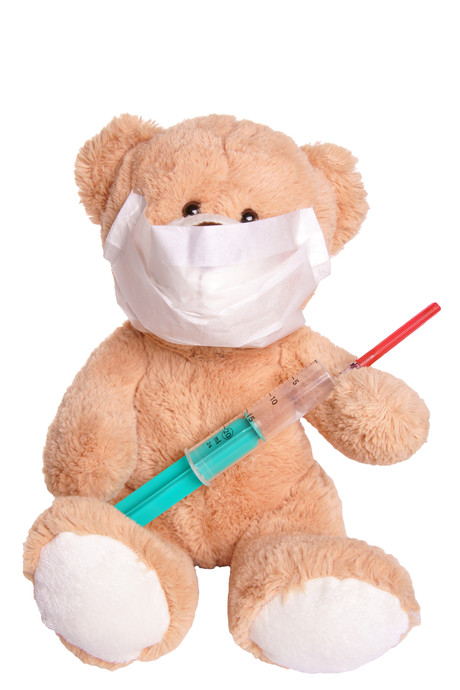Meningococcal B vax should be required for all children

Meningococcal B poses the greatest risk to babies in their first eight months, and vaccinating kids from two months on would have the greatest benefit, according to Australian experts.
The researchers looked at around 17 years’ worth of data and found that, despite the disease becoming three times rarer between 2001 and 2015, certain groups — including kids between two months and five years old, Indigenous children under 10 and all adolescents aged 15–19 — were getting the disease much more often than others.
The incidence of meningococcal serogroup B (MenB) disease has declined steadily in the absence of any vaccine against this serogroup since 2001. A multicomponent serogroup B meningococcus vaccine was licensed in Australia in 2014, and doctors and parents need up-to-date information about disease risk to assist them in making decisions about use of the vaccine, according to research published in the Medical Journal of Australia.
Although relatively rare, MenB disease is severe. “Even with good access to medical care, invasive meningococcal disease (IMD) can rapidly progress to death,” wrote the authors, led by Professor Peter McIntyre, director of the National Centre for Immunisation Research and Surveillance at the Children’s Hospital, Westmead.
“About one in 10 survivors of meningococcal B (MenB) disease develop major disabling sequelae, and more than one third may have one or more physical, cognitive, psychological, memory, or executive function deficits, incurring both personal and societal costs. The likelihood of severe outcomes and the challenges of early diagnosis and treatment, combined with public fears about the disease, make prevention of IMD highly desirable.”
Since August 2014, a multicomponent recombinant vaccine, designed to afford protection against a broad spectrum of MenB strains, has been available in Australia for vaccination from two months of age, but only on private prescription. The Australian Technical Advisory Group on Immunisation has recommended targeted vaccination of age groups and populations at increased risk of invasive disease, but applications by industry to the Pharmaceutical Benefits Advisory Committee to include the vaccine in the National Immunisation Program have not met cost-effectiveness criteria, McIntyre and colleagues remarked.
$1bn vaccine and antivenom manufacturing facility opens
A $1 billion cell-based influenza vaccine and antivenom manufacturing facility has opened in...
National concussion clinical guidelines now available
The first Australia- and New Zealand-specific guidelines for all forms of concussion — from...
Doctors criticise "risky prescribing agenda"
The AMA and RACGP have expressed disappointment in the Pharmacy Board of Australia's...




![[New Zealand] Transform from Security Awareness to a Security Culture: A Vital Shift for SMB Healthcare — Webinar](https://d1v1e13ebw3o15.cloudfront.net/data/89856/wfmedia_thumb/..jpg)
![[Australia] Transform from Security Awareness to a Security Culture: A Vital Shift for SMB Healthcare — Webinar](https://d1v1e13ebw3o15.cloudfront.net/data/89855/wfmedia_thumb/..jpg)




